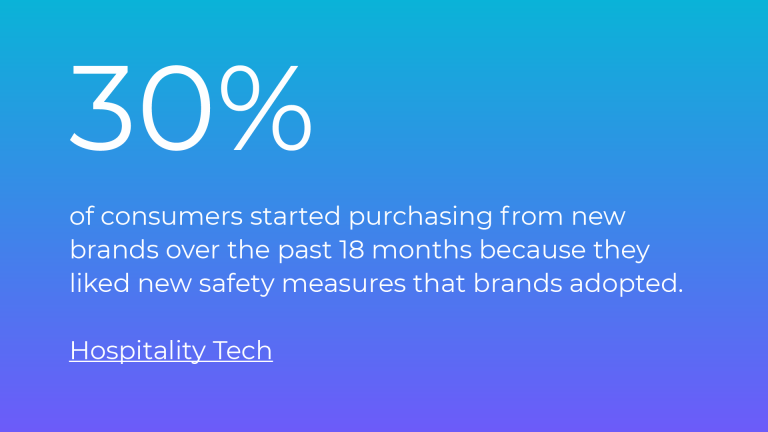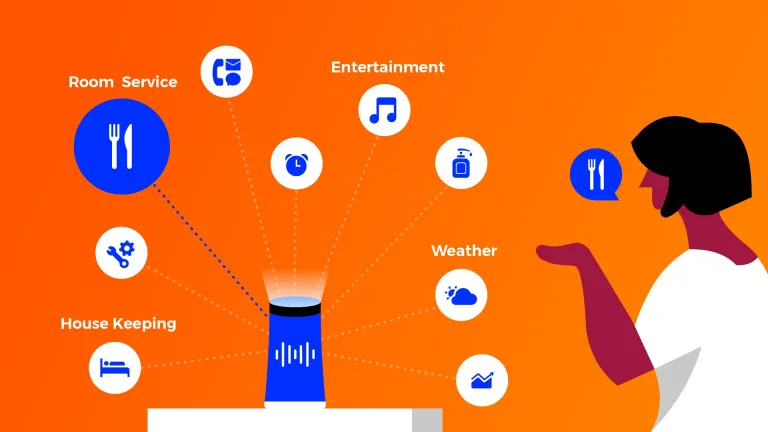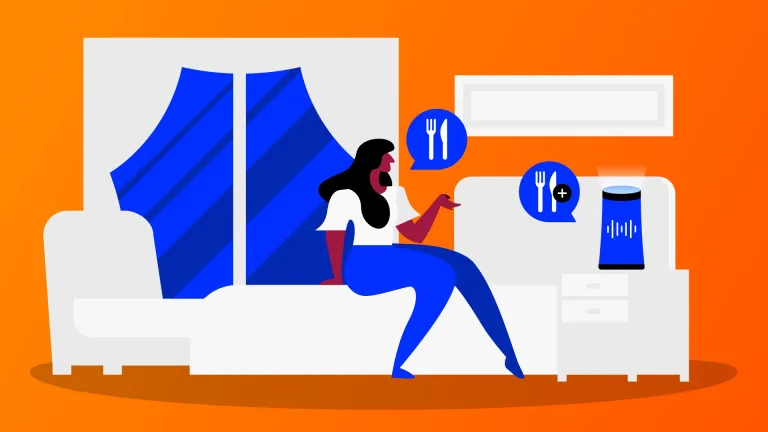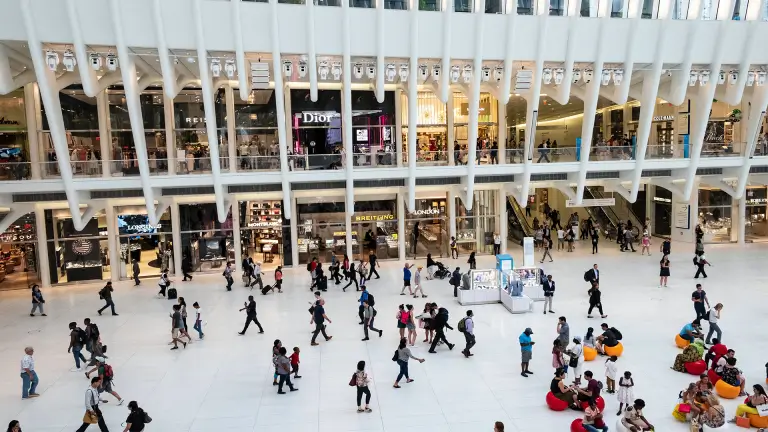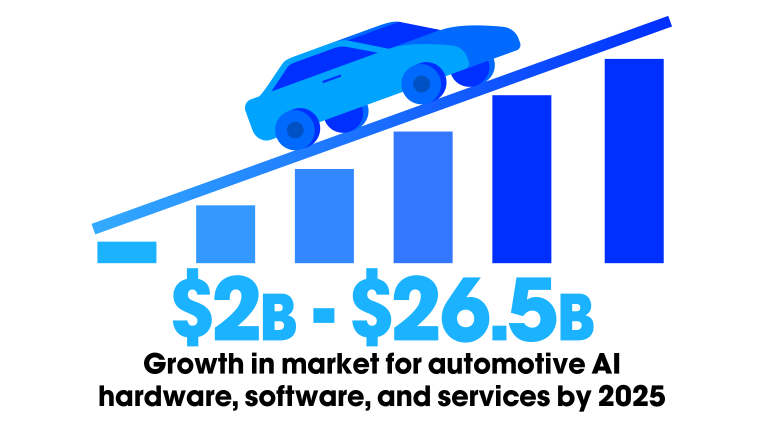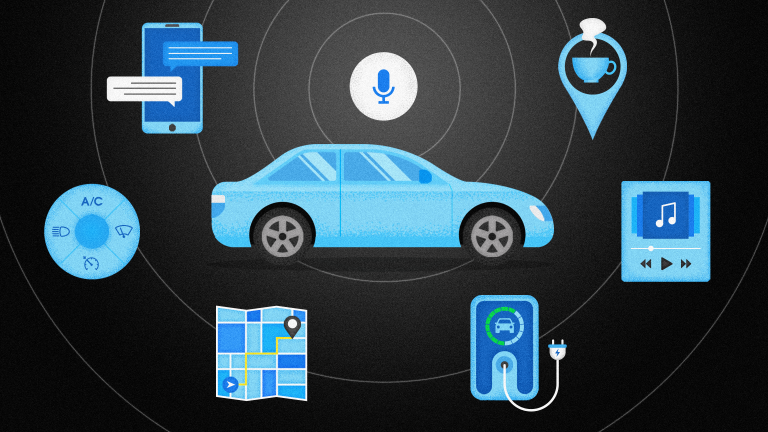The technology is already here to deliver extraordinary experiences that include all the conveniences of being at home and more, such as those now offered by Harman. The intersection of Voice AI and IOT means that hotel and cruise in-room personal assistants can provide guests with total control of almost all the elements of their room environments, including:
- Controlling the lights in the room
- Controlling the thermostat
- Opening and closing curtains
- Turning the TV on or off and changing channels
- Accessing personal music playlists through streaming apps
- Ordering movies
One size never fits all. As personalization becomes the mantra for the hospitality industry, it stands to reason that better communication would be the primary goal. Guests no longer feel the need to limit their requests and activities to the hours of the hotel front desk or cruise stewards. What if your guests could get everything they need without making the effort of getting out of bed or dialing a number?
Not only is a personal voice assistant available 24 hours a day, the best ones have the ability to understand multiple languages — a barrier to service for foreign travelers. With the help of voice AI, every guest can have a conversation in their native tongue without the need to seek a translator or tack down that one employee who is fluent enough to answer basic questions.
Using data to improve hotel and cruise experiences
Beyond just providing for guests immediate needs, voice tech can help improve hotel and cruise operations over time — but only if the hotelier and cruise companies own the data collected through smart speakers.
When hotel and cruise lines can gain insights from customer data, they can begin to see patterns in requests and make adjustments to ensure those requests can be met seamlessly in the future. Connected properties can also keep track of housekeeping to deploy staff where they are most needed and receive updated information about which rooms are ready for the next occupant.
In some future-facing scenarios, hoteliers imagine a time when they can greet loyalty members by name when they enter the room and have their favorite music playing and room temperature set. In fact, for the majority of U.S. travelers, they’re willing to give up some privacy to get more personalized experiences. According to research by G2 Crowd, 57% of U.S. travelers want brands to use their data to personalize their travel experiences and 36% of these people would be willing to pay more for such a personalized experience.
Happy guests lead to increased occupancy rates, repeat business and a marketing team’s best friend: word-of-mouth referrals. That’s why, in the age of rating sites like TripAdvisor, the importance of a happy customer shouldn’t be underestimated. Providing high-touch experiences through high-tech solutions not only increases customer satisfaction, it makes good business sense.
Early adopters are delivering customized experiences that have earned media attention and differentiate their brands from competitors who simply provide a third-party speaker in their rooms and cabins. Learn more about how we can help you create a custom voice solution for your guests.
Karen Scates is a storyteller with a passion for helping others through content. Argentine tango, good books and great wine round out Karen’s interests.
